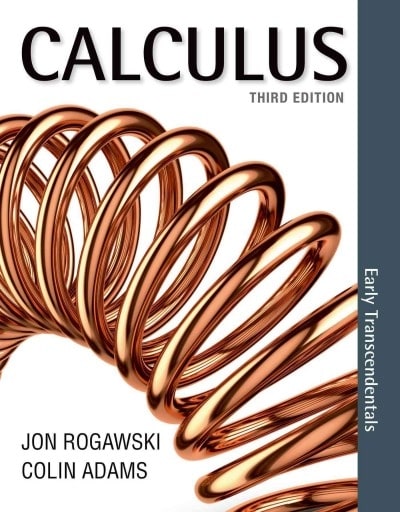Question
If you had a Facebook account in 2012, it's quite possible you were part of an experiment without evenknowing it. In January 2012, Facebook performed
If you had a Facebook account in 2012, it's quite possible you were part of an experiment without evenknowing it. In January 2012, Facebook performed an experiment with a sample of 689,003 of its users.The experiment involved the manipulation of people's Facebook newsfeeds for a period of one week.Approximately half of the individuals in the experiment were randomly assigned to see only happy postsfrom their friends during this time period while the other half were randomly assigned to see only sadposts from their friends. The goal of the study was to determine if seeing only happy or sad postsaffected the mood of the Facebook user, as judged by the quality of the Facebook user's subsequentposts.
1. Why do you think Facebook might want to learn how to manipulate people's emotions?
2. What is the explanatory variable in the Facebook experiment.
3. What is the response variable in the Facebook experiment.
Any organization that receives federal funding must receive institutional review board approval for research with humans. Facebook does not receive federal funding, but Facebook partnered with Cornell University to analyze the data from their experiment and eventually write an article that was published in a reputable journal. The researcher at Cornell consulted his institutional review board to get approval for his part of this work, but his institutional review board told him that since his involvement in the experiment began after the experiment was completed, he did not need any approval from them.
4. What are your personal thoughts about this experiment happening without any oversight from an institutional review board? Are you okay with this, or do you see any problems with this? Please explain.
5. Critics of the Facebook experiment were quick to point out that there was no informed consent in this study because the Facebook users didn't even know they were part of an experiment. What does it mean when we say a study has informed consent?
6. Facebook claims that they did nothing wrong and actually did receive "informed consent" because of the data privacy policy all of their users agreed to when opening up their Facebook accounts. The policy includes this line: "...in addition to helping people see and find things that you do and share, we may use the information we receive about you ... for internal operations, including troubleshooting, data analysis, testing, research and service improvement." Do you agree that this policy does enough to count as informed consent? Please explain your reasoning.
7. You learned in Chapter 7 that there are times when exceptions can be made to the informed consent process. For example, education research studies with normal classroom activities posing no unusual risks may not need informed consent, nor might behavioral studies that are conducted in public places. Do you believe that social media sites like Facebook, Twitter, Instagram, etc. should count as a "public place"? Please explain.
8. You learned in Chapter 7 about the difference between confidentiality and anonymity. Facebook knew who all of the individuals were who participated in their experiment, and they knew what each of these individuals had posted, but when they published the results of their experiment, Facebook did not publish any individual identifying information about each participant. Based on this information, would you consider the results to be anonymous and confidential? Please explain.
Step by Step Solution
There are 3 Steps involved in it
Step: 1

Get Instant Access to Expert-Tailored Solutions
See step-by-step solutions with expert insights and AI powered tools for academic success
Step: 2

Step: 3

Ace Your Homework with AI
Get the answers you need in no time with our AI-driven, step-by-step assistance
Get Started


